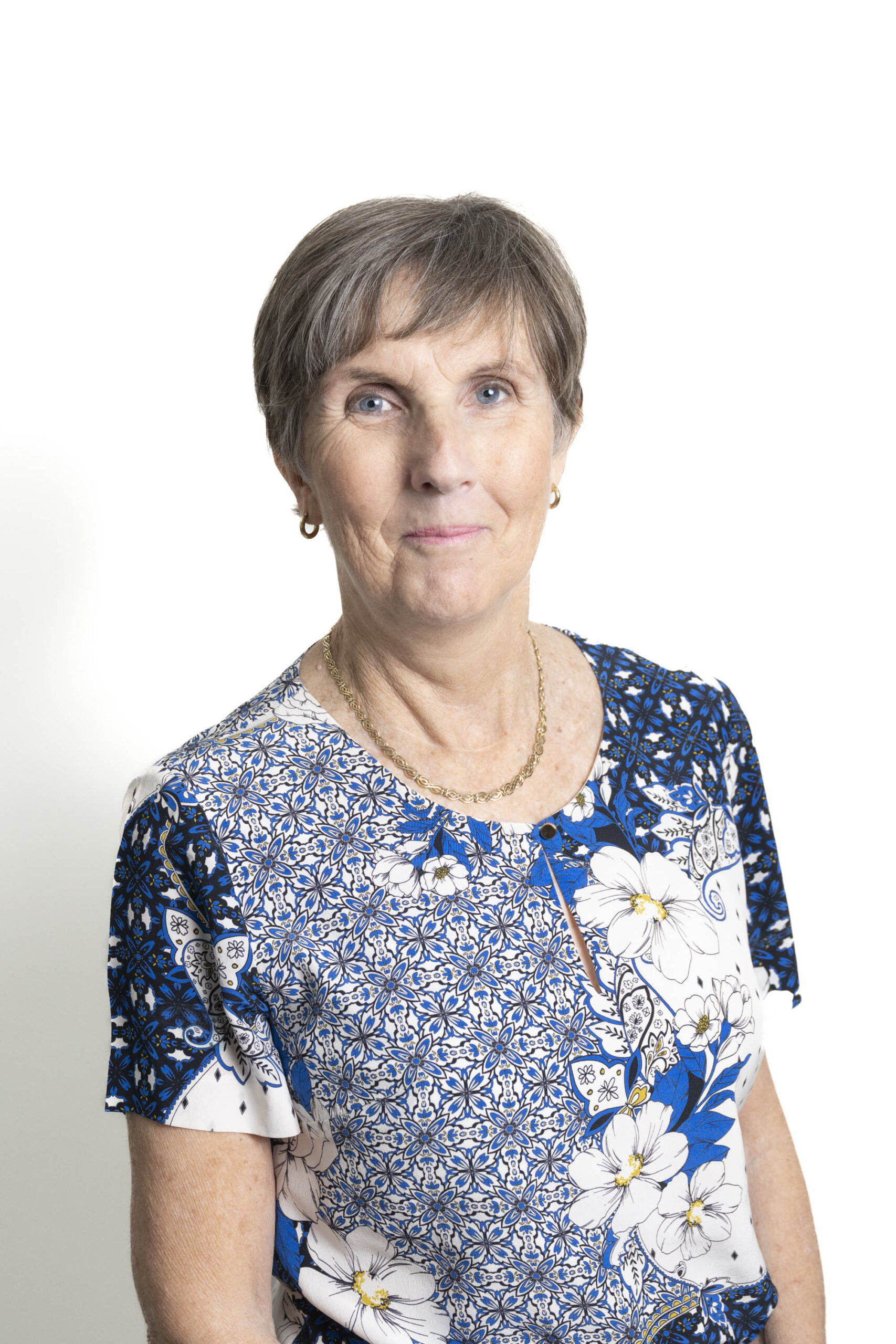
1. What impact has NETs had on your life
I became acutely ill about 17 years ago and was quickly diagnosed with NETs (and MEN1).
I was in my late thirties and was bewildered by a new sense of self.
At that age, if I had a picture of where I was in the Walk of Life, it probably would have looked something like this…

life life life life life life life life life life life life life life life life
Since NETs came along, my stick-figure-friend seems to dance erratically, sometimes pausing along the way. When I learned that my NETs had metastasised she took a skid to the right. She’s always present in our (this is a family thing!) lives and plans.
I have been through several major surgeries, each of which interrupted family life, work and finances for months at a time. The surgery with the biggest impact was the removal of my pancreas since this left me with Type 1 diabetes. I rapidly learned that managing this is a 24 hour a day task. Although I continue to work in an interesting job and enjoy all that life, family and friends have to offer, managing T1 diabetes often intrudes. It is now impossible to pretend that “all is well”.
NETs have been part of our lives for seventeen years – while raising our “kids” and while I tried to build an interrupted career. During this time, both of my parents died – Dad of NETs. So, while there is plenty more to my life than my illness, it does form a big part of who I am, how others perceive me and how I spend my time. Many weeks are cluttered with specialist appointments, scans, blood tests and injections, not to mention keeping track of pharmacy supplies and organising paperwork!
I suspect that my illness defines me a lot more than I want it to.
2. What drew you to become involved in the CAG?
For a few years, I had admired the work of the Unicorn Foundation mostly via their website and newsletters. When the CAG was launched it seemed like a perfect fit for me – a way to become actively committed to the UF. I was eager to work with like-minded people and help improve outcomes for NET patients. Although I was unsure of what I could contribute, I knew that possibilities would emerge and grow with time.
3. What advice would you to give to a newly diagnosed patient? What has been most helpful to you in your NET experience?
Be kind to yourself as you chip away gradually at all that you are confronted with. There will be many questions to ask, a bottomless pit of things learn, appointments to organise and people to explain your news to. Keep organised notes (somewhere permanent) and put a date on what you write. Soon after each appointment, make a note of what was said and anything you need to organise. Get your information from knowledgeable sources rather than the grapevine. The Unicorn Foundation can help here. Tell people how life is for you – if it’s confusing for you, it will be confusing for them too.


